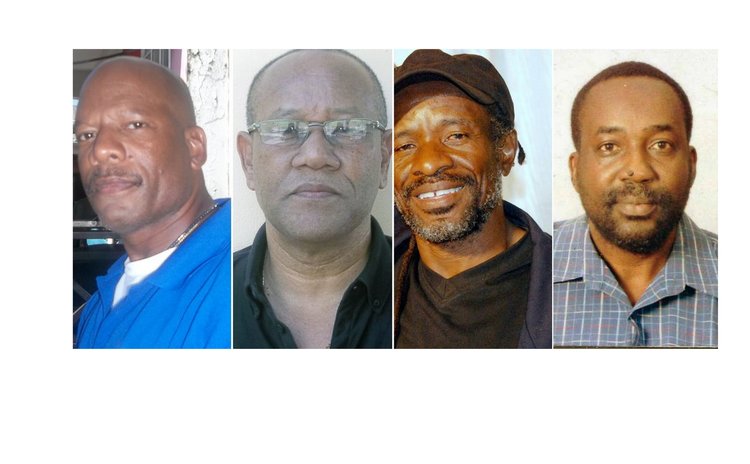How do you write a Calypso?

Every year our songwriters and calypsonians churn out dozens of new calypsos in different styles humorous, raunchy, uplifting and they do it well.
How do they do it?
To find out, we turned to two renowned songwriters with a vast repertoire, Pat Aaron and Tim Durand.
Aaron said that one of the essentials for producing a good calypso is skillful use of poetry.
He thinks good songwriters have to express their ideas poetically in a way that makes their calypsos resonate in listeners' minds.
As such, he urges those who would like to write good calypsos to read poems and learn how to use rhyme and rhythm effectively.
"You can't be a writer if you are not a poet…you wouldn't be a good writer," Aaron said.
"Poetry is what gets to the soul… rhyme is what captivates the soul," he explained.
The message is crucial to the song, he said, so he recommends inserting philosophy into each composition.
"If you want your song to have depth and get into people's soul, you must have philosophy in the song…philosophy gives song long life," he said, pointing to reggae icon Bob Marley.
Calypso lyricists need a wide vocabulary, Aaron noted, and they should learn to play a musical instrument, especially one that requires playing chords to produce nuances of melody.
"I can tell if a person just made a song in their head without using an instrument," he said.
But even with all of this, don't expect writing a great Calypso to be a walk in the park. For him, it can take weeks or months to get one song done.
Meanwhile, Durand said he likes to write songs with meaningful messages because thought-provoking content gives a Calypso a distinct edge.
"I write better when I tackle subjects that mean something to me, that I care about. I think it is more effectively reflected in my writing when I tackle issues that I care about," he said.
But that's not the only way he writes Calypsos. When performers suggest topics that he didn't have in mind, he internalizes, evokes feelings and galvanizes the relevant emotions.
"You can write simply to express yourself as an artist or you can write for competition.
"When I started writing I was simply expressing myself. I was not mindful of any set criteria. I had thoughts on a particular issue, so I put them down."
He said it also helps that he has a musical ear and can play an instrument.
As such, he can create a melody then write appropriate lyrics; or he can write lyrics and compose a fitting melody.
When it comes to writing a great Calypso, Durand stressed the importance of maintaining a cohesive storyline throughout the composition.
Durand said a good Calypso must have a solid lyrical and musical structure; the words and melody must harmonize seamlessly and build up to a chorus where the message culminates.
He contended that coherence of the verses is vitally important because this allows listeners to follow the logical development of the lyrics.
To him, a good Calypso must have interesting, absorbing lyrics, which can be achieved by clever use of metaphors or poetry.
"You want to come up with interesting ways of saying something that may be mundane if you express it in the normal prose…"
So, now you have the 'tips and tricks' start writing.




